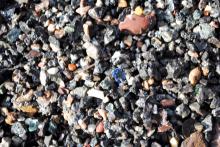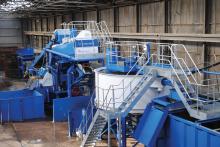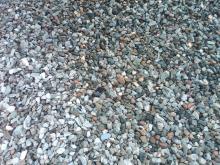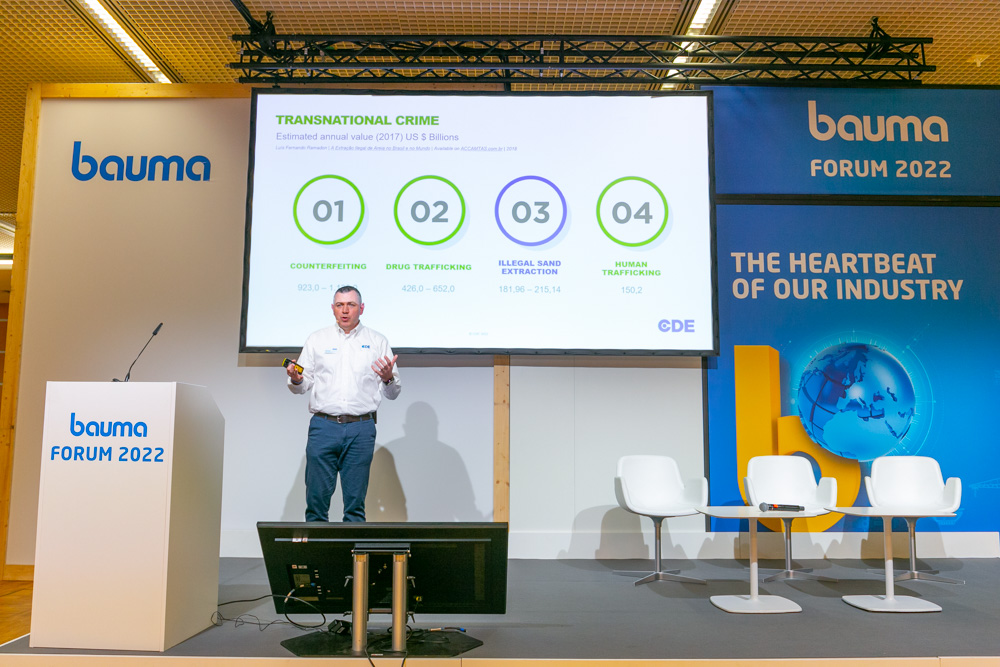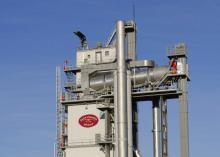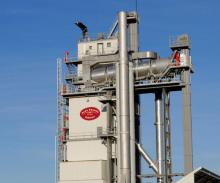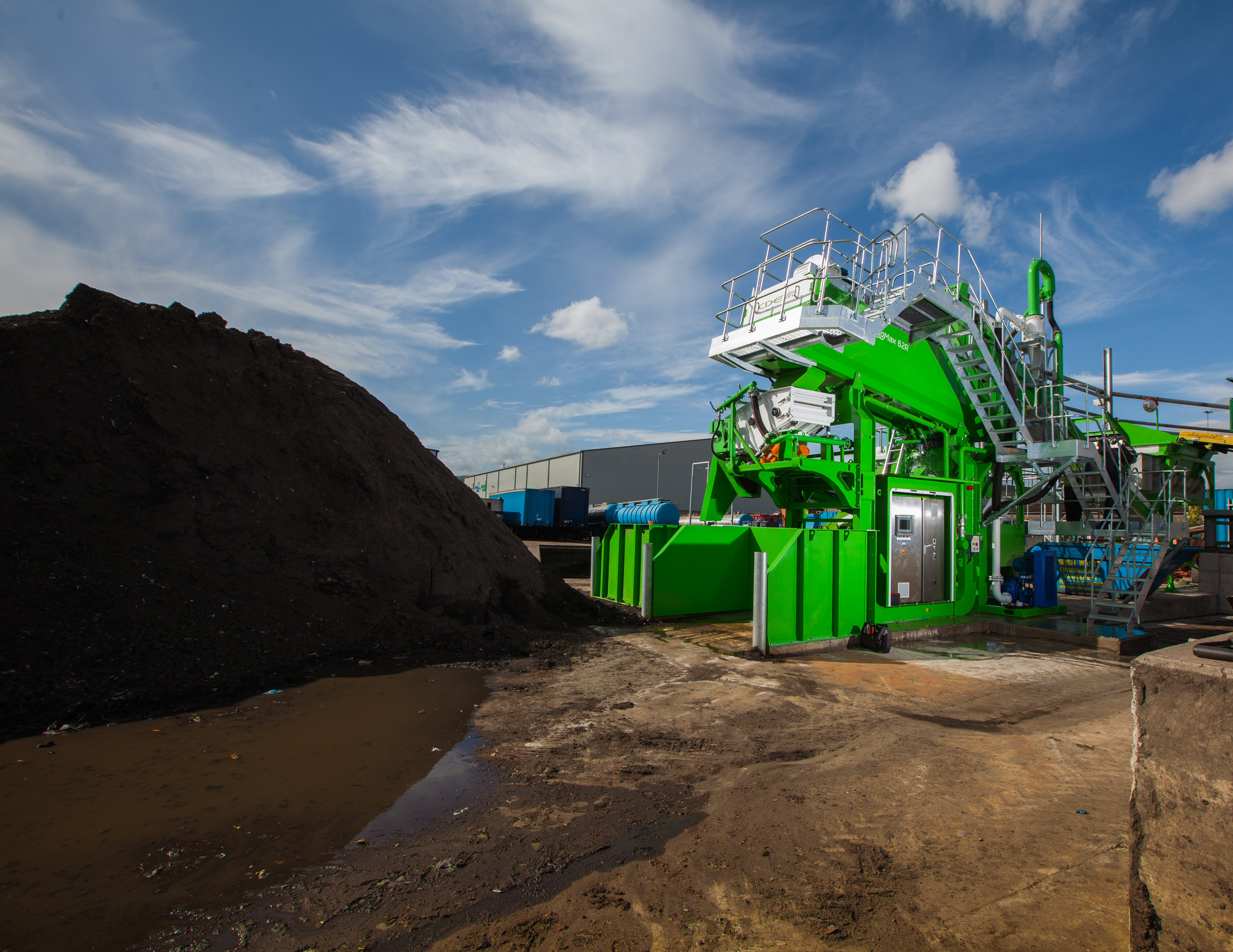
Road sweepings and gully waste could be recycled, diverting it away from landfill reports *Peter Craven
Highway authorities across Europe have been stockpiling millions of tonnes of rock salt and grit which is destined to be spread onto the road network during the winter months in order to keep them clear. But according to Craven, road sweepings and general gully waste provide a ready source of these materials, as well as delivering significant environmental and financial savings.
Road sweepings and gully waste may not initially look like a viable source of recyclable material but with ever more stringent recycling targets being imposed on EU Member States, all the constituent parts of gully and road waste have value, making it a prime ‘resource’ to focus upon. Several European countries have started to embraced this opportunity and have invested in recovery plants to treat road sweepings and gully waste, turning it back into a valuable and environmentally friendly resource. However, there is considerable scope for further development and implementation.
Recycling figures released by
In respect to road sweepings and gully waste, over half the overall weight when sent to landfill is typically water. When recovered, the saline constituent is washed out but the grit and aggregates are reclaimable. And with landfill in the UK, for example, currently costing £80/tonne, wasting this material is both expensive and wasteful.
When washed and dewatered the sand and grit element accounts for around 50%, with larger aggregates comprising a further 40%. The remaining 10% is organic, general rubbish and other lightweight waste, although the organic content can fluctuate due to seasonal influences and once the non-bio is removed, it can be composted.
How big is this recycling opportunity? How much waste material could be returned each year? No-one is really sure as there appears to be little joined up thinking and it varies between European countries. No single agency is in control of all aspects of collection and statistics are sketchy at best. Conservative estimates for the UK for example suggest between 650,000 and 800,000tonnes of the two million tonnes used each year are recovered and could be recycled, creating a welcome resource stream. Across Europe the potential is massive.
In addition to reclaiming grit for reuse on the roads, the larger aggregates can be used for pipe bedding, road construction or used for manufacturing concrete. The finer material can be used as a soil substitute for reclamation, restoration and land improvement, and with advances in screening technology, cleaner materials are being produced. Impurities can be removed, providing a valuable revenue stream.
So why is the percentage of recycled gully waste and road sweepings not higher? Firstly, there are cultural reasons to recycling in general, although these are being addressed. There may also be a lack of education and awareness. And finally there is nervousness from operators to embrace this resource as a commercial entity.
Craven commented, “
Environmental legislation is only going to get tougher and the cost of landfill is not going to get cheaper. As a result innovation in recycling is key and local councils must look at every opportunity to reduce waste and save costs. Road sweepings and gully waste offers a real opportunity to make a difference.
*Peter Craven works at CDEnviro, the environmental recycling arm of

